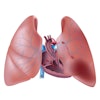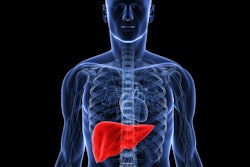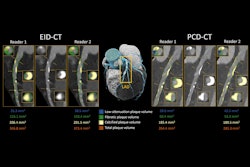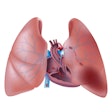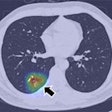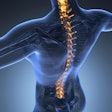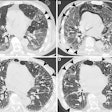Sunday, November 27 | 10:45 a.m.-10: 55 a.m. | SSA02-01 | Room S502AB
There is little value in coronary artery calcium scoring (CACS) by itself in patients presenting with acute chest pain. In a head-to-head comparison, it's clear that only coronary CTA (CCTA) can replace angiography in diagnosing these patients, according to researchers from Italy.Dr. Erica Maffei and colleagues from Giovanni XXIII Hospital examined 237 patients presenting with acute chest pain using both CACS and CCTA, comparing all results to invasive angiography, which served as the reference standard.
"CCTA is an interesting field because of the high number of patients with acute chest pain (especially the ones who should not undergo invasive coronary angiography), the importance of the diagnosis, and the differential diagnosis," according to Maffei. In previous studies, CACS has been evaluated as a tool for risk stratification among asymptomatic patients, but there are no studies comparing its diagnostic accuracy versus CCTA, she added.
The researchers examined diagnostic accuracy and likelihood ratios for both noninvasive modalities, dividing the population into subgroups based on CAC score, with 50% lumen reduction at CCTA and angiography considered a significant stenosis.
Slightly more than half of the patients had obstructive disease. Analyses of sensitivity, specificity, and positive and negative predictive value of CCTA yielded values of 100% regardless of CAC score, with significantly lower results for CACS.
CCTA is a reliable modality with high sensitivity and negative predictive values in acute chest pain patients, the authors concluded. CACS cannot be used for diagnostic purposes in these patients.
For chest pain patients, emergency departments need a tool that is fast, noninvasive, accurate, and widely available, Maffei said: "CCTA may be this tool."
CACS may be of interest for ruling out obstructive coronary artery disease, but for a complete and accurate diagnosis it cannot serve as a substitute for CCTA, she said. CCTA "provides an incremental value that corresponds to the patient's cardiovascular" condition, and serves as a strong prognostic tool in both stable and acute chest pain as demonstrated by the Coronary CT Angiography Evaluation For Clinical Outcomes (CONFIRM) registry, she said.
